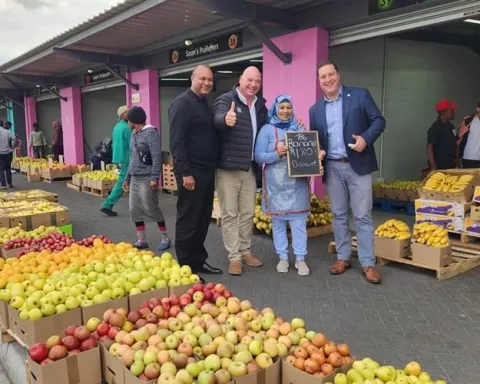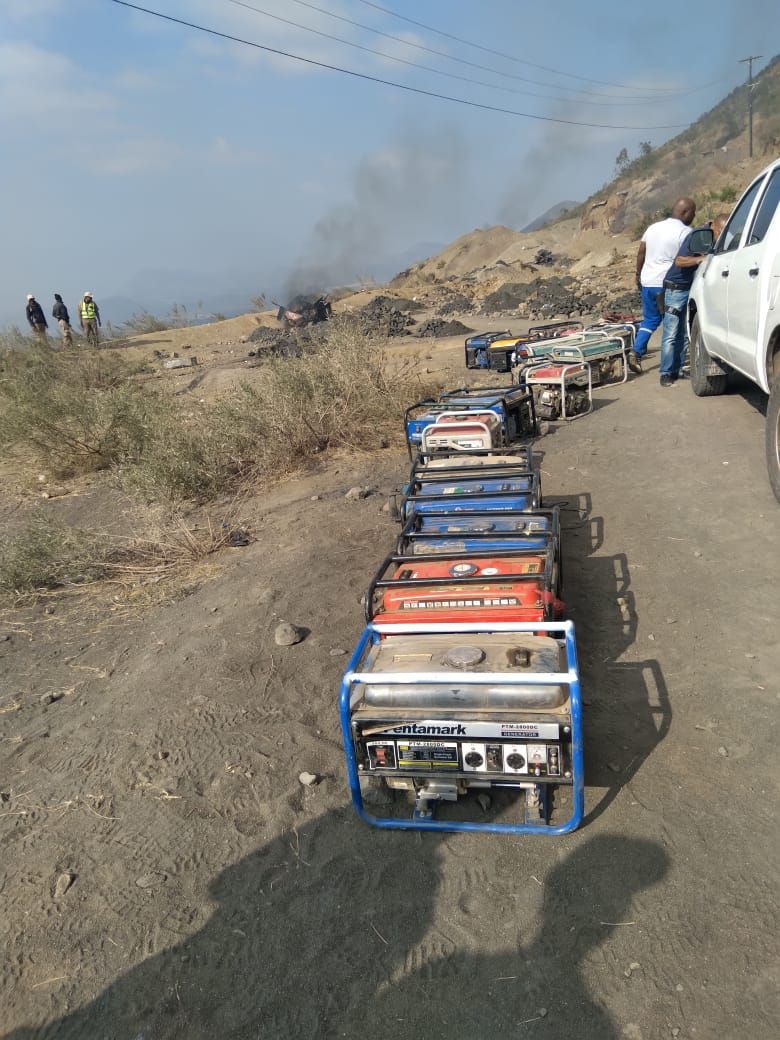Cape Town, the picturesque coastal city of South Africa, is embarking on an ambitious journey to reshape its infrastructure landscape. The endeavor comes after Cape Town City Council approved a massive R43 billion (about €2.5 billion) infrastructure investment budget to be allocated over the medium term.
AFD’s Support for Cape Town’s Visionary Plan
The Agence Francaise de Developpement (AFD) has committed to Cape Town’s visionary plan with a €100 million (about R2 billion) developmental finance loan. The loan is more favorable compared to market alternatives, showcasing the bank’s confidence in Cape Town’s strategic approach. Cape Town Mayor Geordin Hill-Lewis led the signing ceremony on June 21, signaling AFD’s commitment to the city’s ambitious plans.
Dispersal of Funds
The funds extended by the AFD will be dispersed across multiple infrastructure categories. Water and sanitation projects will receive the lion’s share of the investment, accounting for 49% of the financing. Urban mobility and access to electricity initiatives will be allotted 24% and 17%, respectively.
Creating a City of Hope for All Residents
Cape Town’s infrastructure plan aims to create a city of hope for all its residents. Mayor Hill-Lewis envisions a future in which Cape Town is a hub for sustainable job growth and economic opportunity. To lay the groundwork for such a future, the city must address various pressing concerns, including water and energy security, improved sanitation, a cleaner environment, enhanced urban mobility, and climate change resilience.
A Proven Track Record of Collaboration
The AFD has a proven track record of collaborating with Cape Town on essential projects, having previously partnered on municipal infrastructure, biodiversity, and water security initiatives. Audrey Rojkoff, AFD Southern Africa Regional Director and Country Director for South Africa, emphasizes the institution’s dedication to fostering sustainable climate-resilient development and bridging socio-spatial inequalities in Cape Town.
A Testament to the City’s Long-Term Vision
Cape Town’s ambitious infrastructure investment portfolio, estimated at R120 billion (about €7 billion) over the next decade, serves as a testament to the city’s commitment to its long-term vision. Through a blended finance strategy, Cape Town aims to leverage various sources of funding, including revenue, grants, and loans, to bring this vision to life.
The Importance of Strong Partnerships
As the city embarks on this transformative journey, Cape Town’s leaders acknowledge the importance of strong partnerships with organizations like the AFD. These collaborations enable the city to forge a path toward equitable development and a brighter future for all residents.
A Model for Urban Centers Worldwide
Cape Town’s bold plan to revolutionize its infrastructure demonstrates the potential for cities to become agents of change in addressing the pressing challenges of our time. By prioritizing equity, sustainability, and resilience, Cape Town serves as a model for urban centers worldwide.












